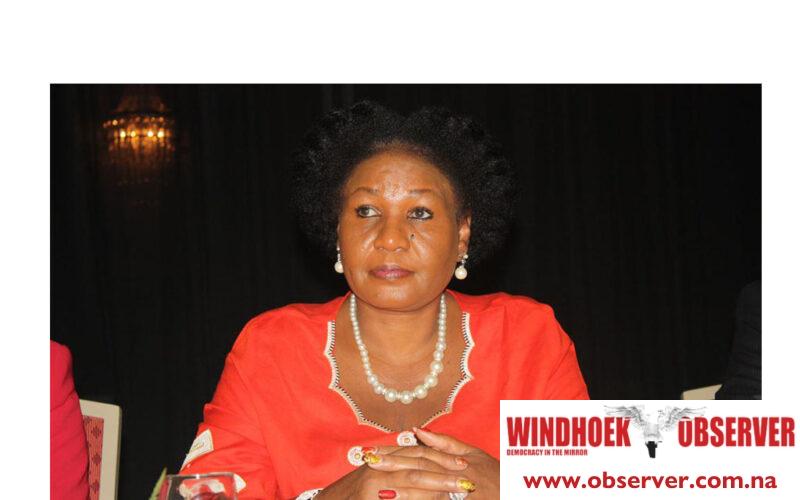Hertta-Maria Amutenja
Khomas Regional Governor, Laura McLeod-Katjirua, has expressed dissatisfaction with the government’s vehicle moratorium, stating that it has adversely impacted service delivery for the council.
Last week, the National Council Standing Committee on Transport, Infrastructure, and Housing engaged with officials responsible for the Government Garage to assess the impact of the government’s moratorium on vehicle procurement for Offices, Ministries, Agencies (OMAs), and Regional Councils.
The committee’s oversight mission aims to evaluate various issues, including the accessibility, reliability, and safety of government vehicles and transport in general.
During the engagement, Governor Katjirua voiced her concerns regarding the moratorium’s impact on government offices in the region. She highlighted the frustration caused by the lack of reliable replacements for vehicles when taken to the garage.
She suggested that selling a significant number of unreliable vehicles and acquiring a smaller fleet of reliable ones or outsourcing vehicles from another company could be viable options.
Additionally, she criticised the practice of overcharging for repairs, particularly when the vehicles are government-owned, emphasising that such practices are burdening the government financially.
Clement Mafwila, the Chief Regional Officer, echoed these concerns, highlighting the challenges related to the feasibility and reliability of the existing fleet of 28 vehicles at the Khomas Regional Council.
He stressed that 25 of these vehicles were aged and overused, with even minor maintenance becoming a significant problem due to their unreliability, illustrating the negative impact on daily operations and service delivery, especially when attending important meetings without access to a reliable vehicle.
“For example, a windscreen repair can take up to 7 months to be fixed. The impact it has is not good, imagine one now has to attend meetings without a car,” said Mafwila.
He acknowledged the economic constraints that led to the government’s moratorium on vehicle purchases but emphasised that this decision had a clear adverse impact on service delivery.
According to the national budget for the 2023/24 financial year, the government’s expenditure on vehicle purchases is set to increase significantly.
Contrary to the moratorium imposed in 2020, banning the purchase of new vehicles for ministers and public employees, the Ministry of Finance and Public Enterprises clarified that the ban does not apply to vehicles crucial for efficient government service delivery.
In 2022, the government spent N$55 million on vehicle purchases. However, for 2023/24, the government plans to spend N$210 million, representing a 282 percent increase in vehicle expenditure.
Earlier this year, Finance Minister Iipumbu Shiimi also indicated plans to finalise the vehicle fleet for the National Assembly in the upcoming financial year.
The government had curtailed vehicle purchases back in 2015 as part of austerity measures to ensure fiscal sustainability and macroeconomic stability.




